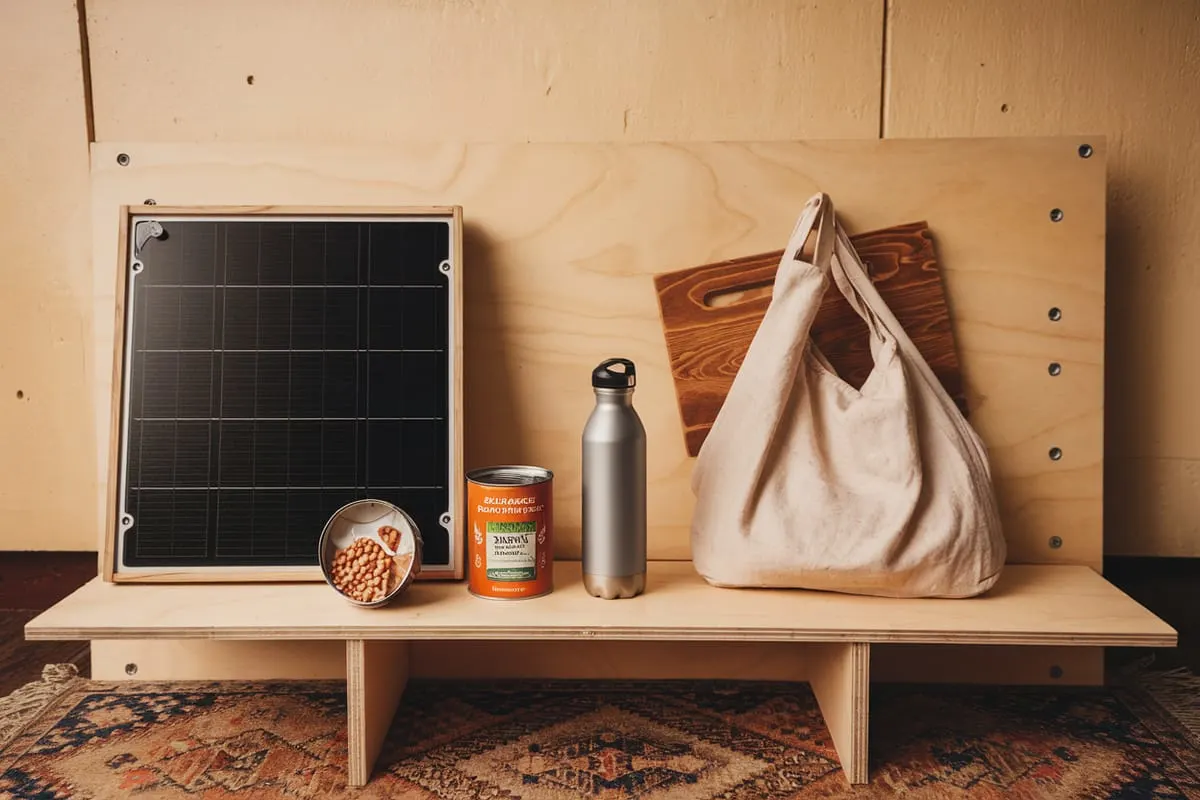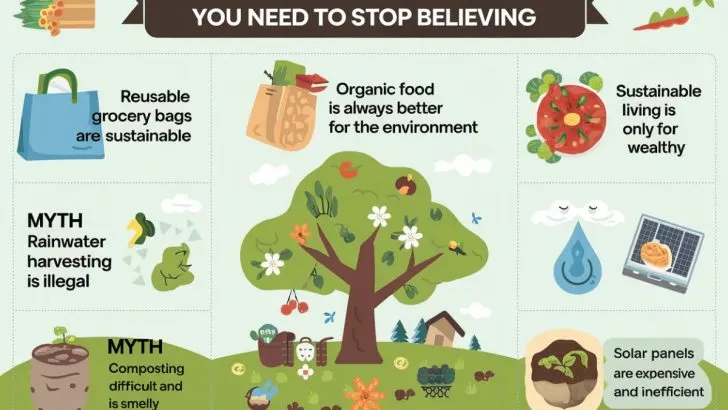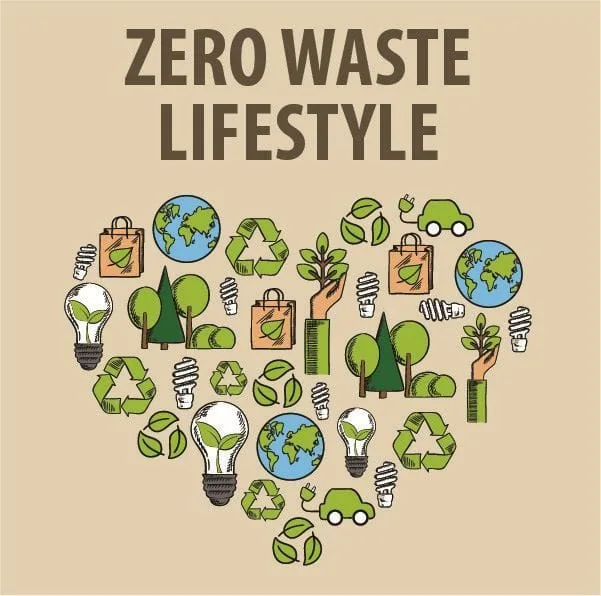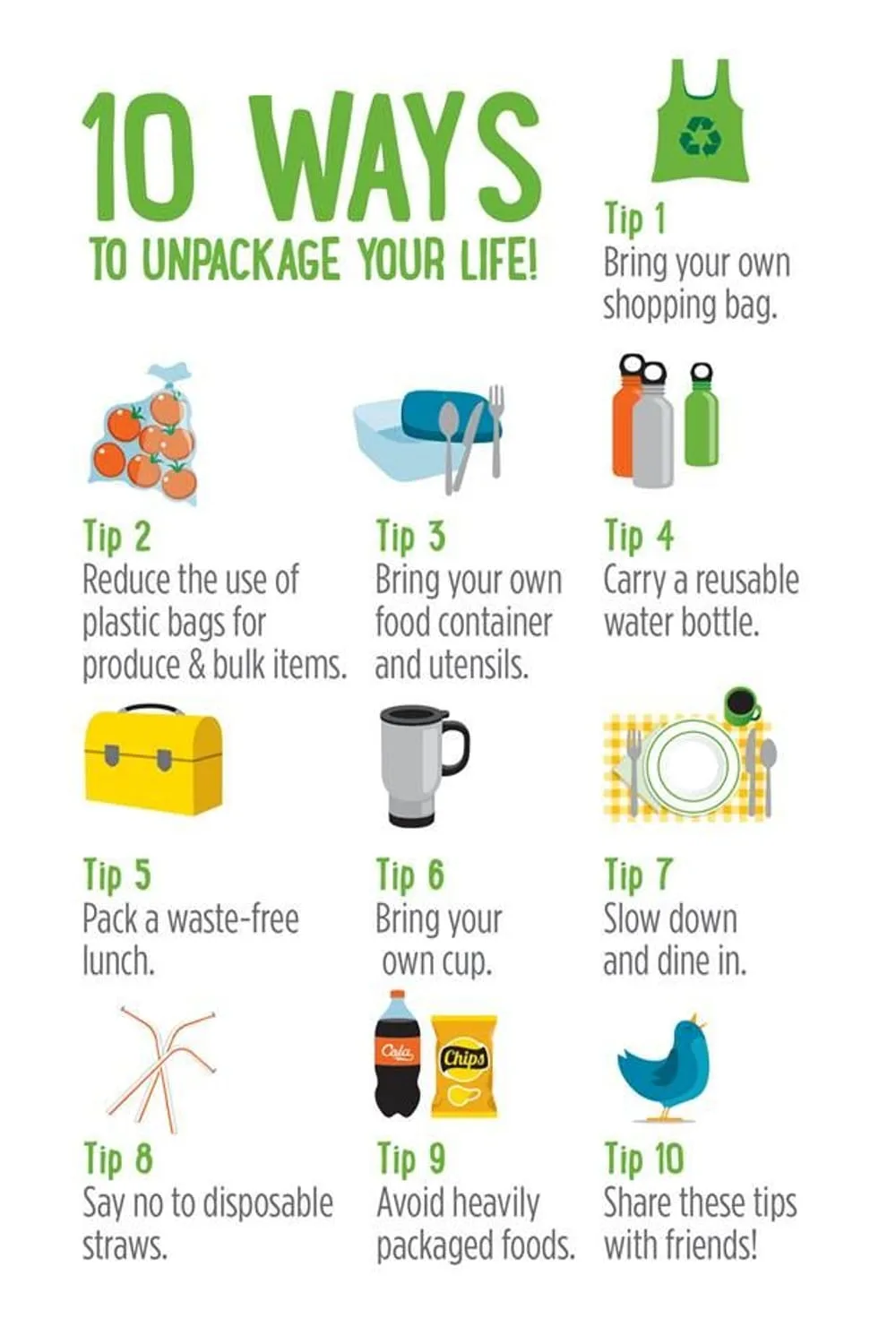Sustainable living is a concept wrapped in good intentions but often burdened by misconceptions. As we navigate through more environmentally-conscious times, it’s crucial to separate fact from fiction.
Understanding the reality behind these myths can make sustainable practices more attainable and less intimidating.
Why does this matter? Because believing these myths could hinder your efforts to make environmentally positive choices.
Debunking these misconceptions can empower you to live more sustainably without feeling overwhelmed or guilty.
Myth 1: Sustainable Living Is Expensive

It’s a common belief that living sustainably comes with a high price tag. While some eco-friendly products might be pricier upfront, the long-term savings often outweigh the initial costs.
For instance, investing in energy-efficient appliances can significantly reduce your electricity bills over time. Additionally, practices such as thrift shopping or DIY cleaning solutions are both sustainable and economical.
Consider how sustainable practices can align with your budget. From reducing energy consumption to reusing and recycling, many sustainable activities are low-cost or even free. It’s not about spending more but being more mindful of your choices.
Myth 2: Sustainable Living Is Time-Consuming

Another myth is that sustainable living requires a lot of time and effort. However, integrating eco-friendly habits can actually simplify your lifestyle.
For example, meal planning not only reduces food waste but also saves time during busy weekdays. Similarly, setting up a home composting system might take an hour at first, but it’s largely a ‘set and forget’ process.
Start small and gradually incorporate more sustainable habits. This way, you won’t feel like it’s an additional chore but rather a natural part of your routine. Remember, every little step counts towards a bigger impact.
Myth 3: Sustainable Living Requires Major Lifestyle Changes

The idea that sustainability demands a complete lifestyle overhaul can seem daunting. However, sustainable living is more about incremental changes than drastic shifts.
Simple actions like turning off lights when leaving a room, choosing reusable bags, or cutting down on single-use plastics make a big difference.
Your journey towards a more sustainable lifestyle can start with small, manageable changes. Over time, these adjustments can lead to significant environmental benefits. It’s about progress, not perfection.
Myth 4: You Must Be Perfectly Eco-Conscious
Perfectionism is the enemy of progress. Sustainable living isn’t about being perfect; it’s about making conscious effort to be better. Nobody expects you to eliminate all waste or go completely off the grid. Instead, aim for consistency in your eco-friendly habits.
Think of sustainability as a spectrum rather than a binary state. Celebrate your efforts and improvements, and don’t let the pursuit of perfection discourage you. It’s about making better choices whenever you can.
Myth 5: Sustainable Living Is Only for Environmentalists
There’s a misconception that only environmentalists or activists engage in sustainable living. In reality, sustainable practices are accessible to everyone, regardless of background or beliefs.
The benefits of sustainable living—such as improved personal health and financial savings—are universal.
Sustainable living transcends labels. Anyone can participate in making the world a little greener, whether through reducing waste, conserving water, or supporting local economies. Sustainability is inclusive and beneficial to all.
Myth 6: Small Actions Don’t Make a Difference

The feeling of insignificance can be paralyzing, but small actions are crucial in driving change. Each individual effort contributes to a collective impact, like pieces of a puzzle coming together to form a bigger picture. Whether it’s recycling a bottle, planting a tree, or choosing public transport, every action matters.
Think of the ripple effect—your seemingly small actions can inspire others and create a wave of change. Every choice you make counts, and even the smallest effort can lead to significant outcomes over time.
In debunking these myths about sustainable living, it’s clear that anyone can adopt eco-friendly habits without the pressure of perfection or financial strain.
As you consider your next steps, remember: it’s the collective of small, intentional choices that pave the way to a more sustainable future.
Let’s make those choices count.



